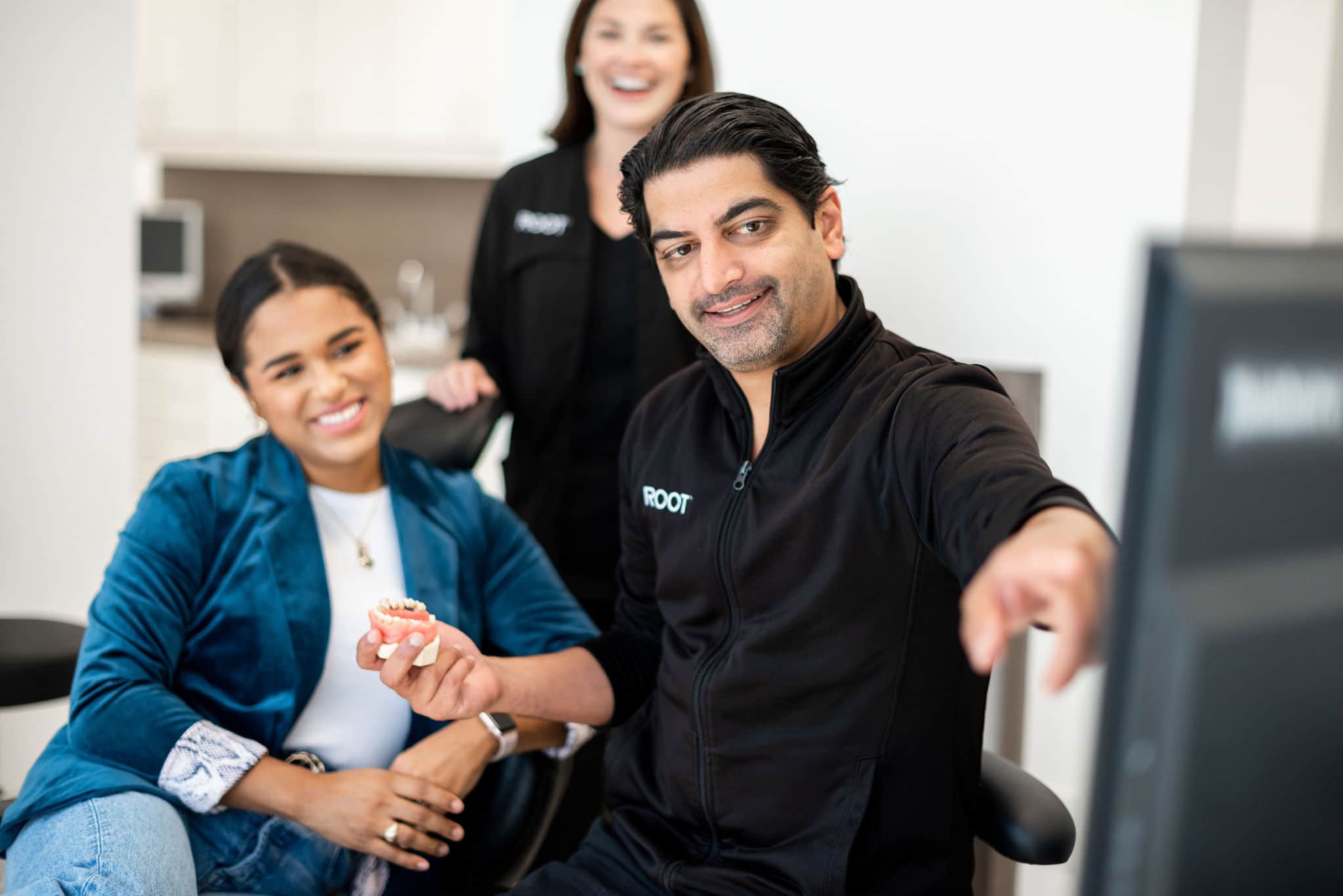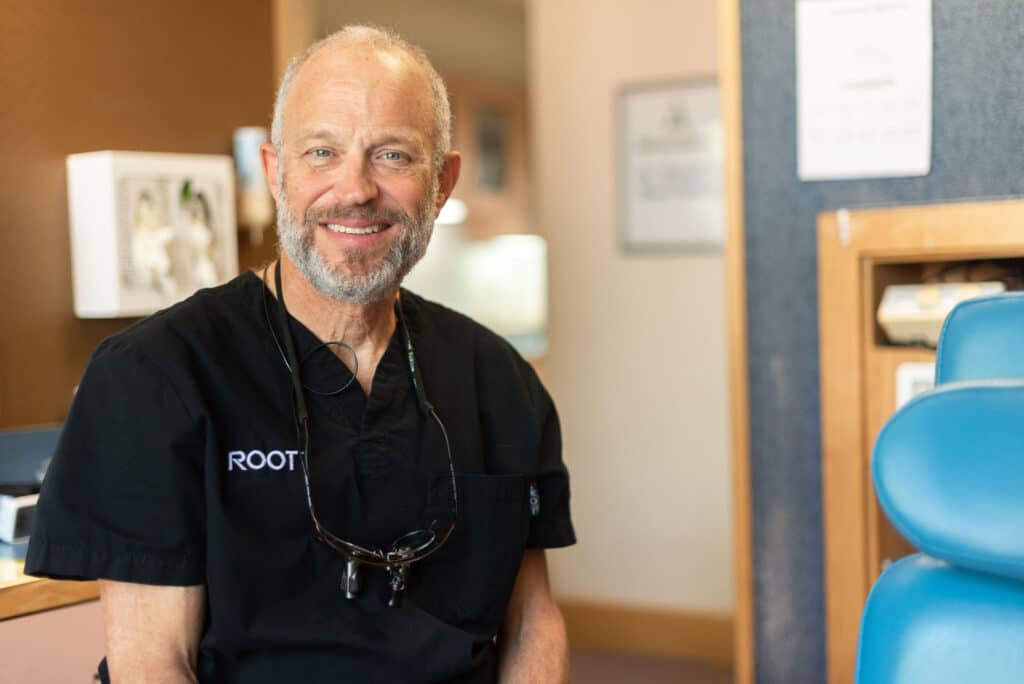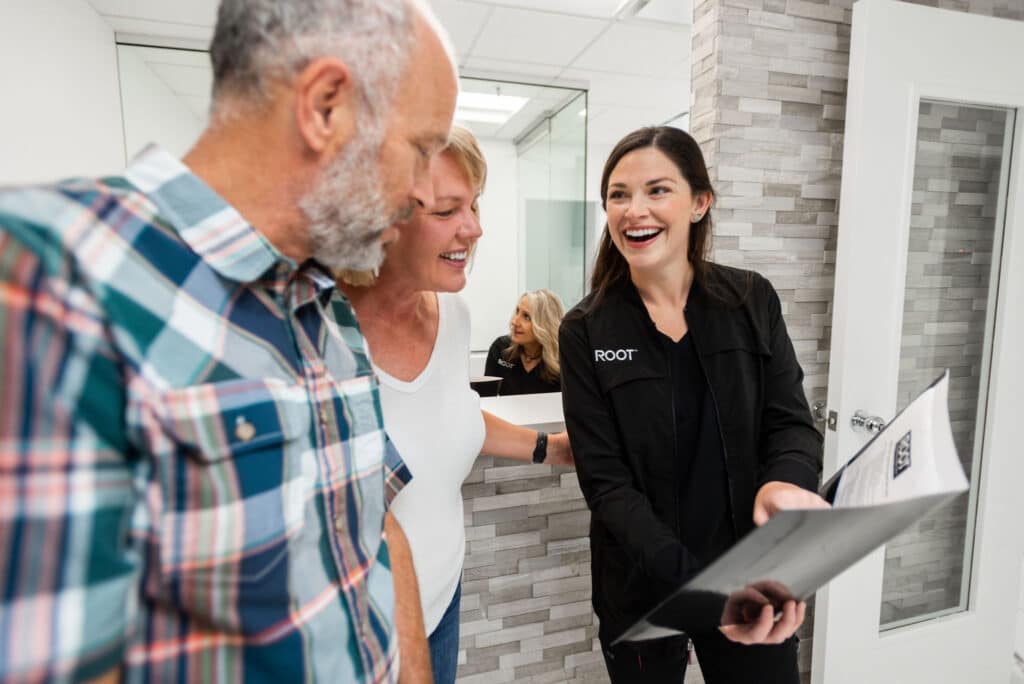Periodontal Anatomy – Biologic Width
Described in a classic 1961 article on cadavers by Garguilo, Wentz, and Orban, biologic width details the combined heights of the epithelial attachments and connective tissues to a tooth. The authors’ work showed the average height of 1 mm for both the connective tissue attachment and epithelial attachment. This combined 2 mm dimension is often referred to as biologic width in literature. A follow up 1994 study by Vacek, showed that while an individual’s biologic width can vary between .75 mm to 4 mm, the majority of people have a 2 mm biologic width.
Importance of Biologic Width
In humans, ectodermal tissue functions to protect against the invasion of foreign materials and bacteria but both teeth and dental implants have to penetrate this defensive barrier. The natural barrier that develops around the teeth and dental implants to protect the alveolar bone from disease and infection is known as the biologic width. As such, biologic width is vital for the preservation of periodontal health and removal of irritation that could damage the periodontium.
Biologic width is important to clinicians because of its location in conjunction to the position of restorative margins and impact on post-surgical position of tissue. It is known that when a restorative margin is placed below tissue too deep, the biologic width is invaded and can lead to two potential issues. The first possible outcome is that bone resorption may occur recreating space for the normal attachment of biologic width. This response is typically seen in implants designed to allow the formation of a biologic width. The second, and most common, possible outcome around the teeth is gingival inflammation forming because of a biologic width disruption. This creates significant problems with anterior restorations.
Biologic width is important to surgery because of its ability to reform following a surgical procedure. Studies indicate reformation occurs through coronal migration of the gingiva recreating not only the biologic width but a sulcus of normal depth as well. If the surgical procedure does not consider biologic width dimensions when placing the gingiva relative to the jawbone, the gingival position will be unstable and will migrate in a coronal direction.
Methods to Evaluate Biologic Width Violation
Clinical Method: Should a patient experience tissue discomfort when restoration margin levels are assessed with a periodontal probe, it is a strong indication that a biologic width violation has happened. Common signs of a width violation include bleeding when probing, chronic gingival inflammation around the restoration, gingival recession, formation of pockets, and alveolar bone loss.
Bone Sounding: Done when the patient is under local anesthesia, biologic width can be determined by probing to the bone level and then subtracting the sulcus depth from the measurement. Should the distance be less than 2 mm in one or multiple locations, a biologic width violation is confirmed. The measurement should be performed on teeth having healthy gum tissue and to ensure accuracy, should be repeated on multiple teeth.
Radiographic Evaluation: Interproximal biologic width violations can also be identified with radiographic interpretations. However, radiographs are not diagnostic on the distofacial and mesiofacial line angles of teeth due to tooth superimposition. A new parallel profile radiographic technique described by Sushama and Gouri, to measure dento gingival unit dimensions, indicates the technique could be used to accurately measure the dento gingival unit length and thickness. The technique is non-invasive, concise, simple, and reproducible.
